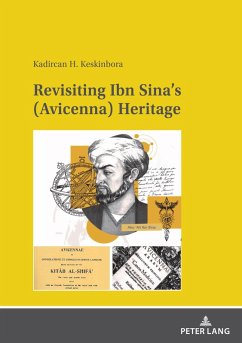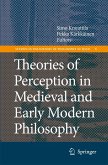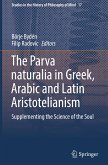Even well after his lifetime, Ibn Sina was renowned, not just in medicine or philosophy, but in other areas, especially in the Islamic world. In brief, he was an authority in the Islamic East, or an "auctoritas". However, in the west, his work was massively influential in not only the medical education curricula, but also in the important, innovative doctrines in philosophy. The most fundamental sections of his major encyclopedia, al-Shifâ being translated into Latin as early as the 12th and 13th centuries and spreading throughout universities dispersed this impact rapidly. Known as "the prince of physicians", Ibn Sina is the writer of the Canon of Medicine (al-Qa¯nu¯ n fi 'al-Tibb), which became a medical standard in the Christian west as well as the Islamic world.
Bitte wählen Sie Ihr Anliegen aus.
Rechnungen
Retourenschein anfordern
Bestellstatus
Storno








